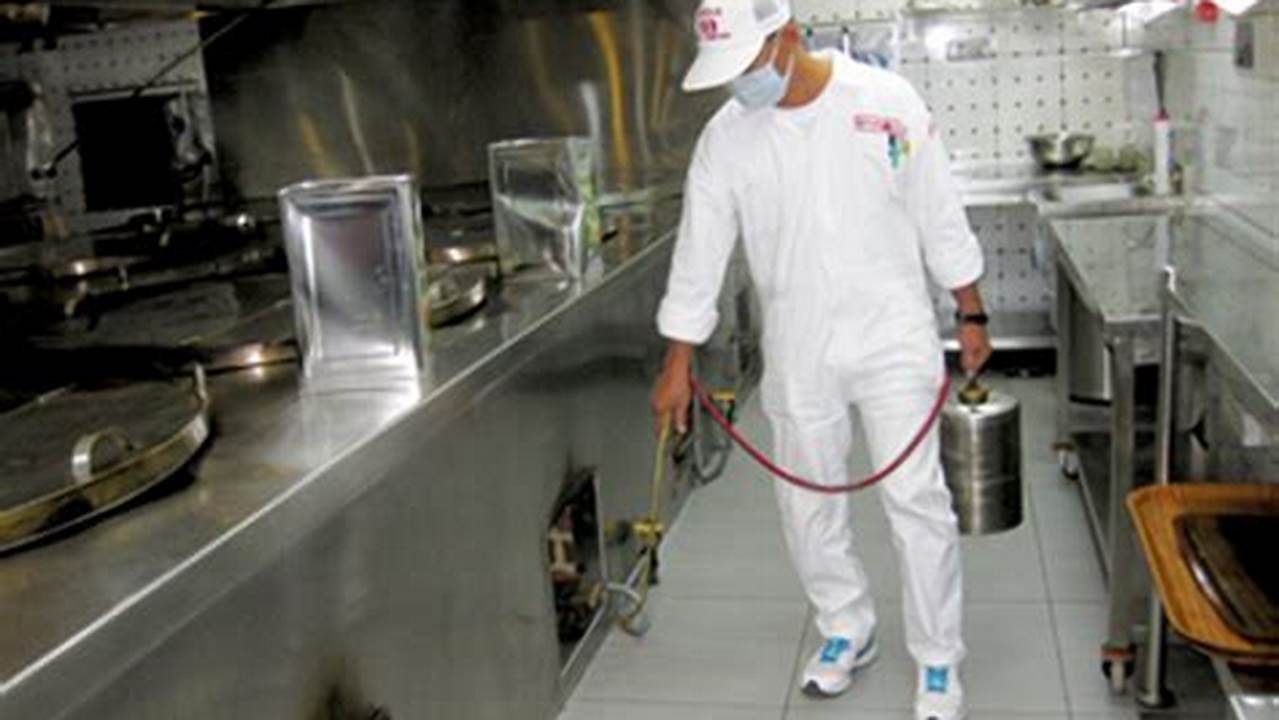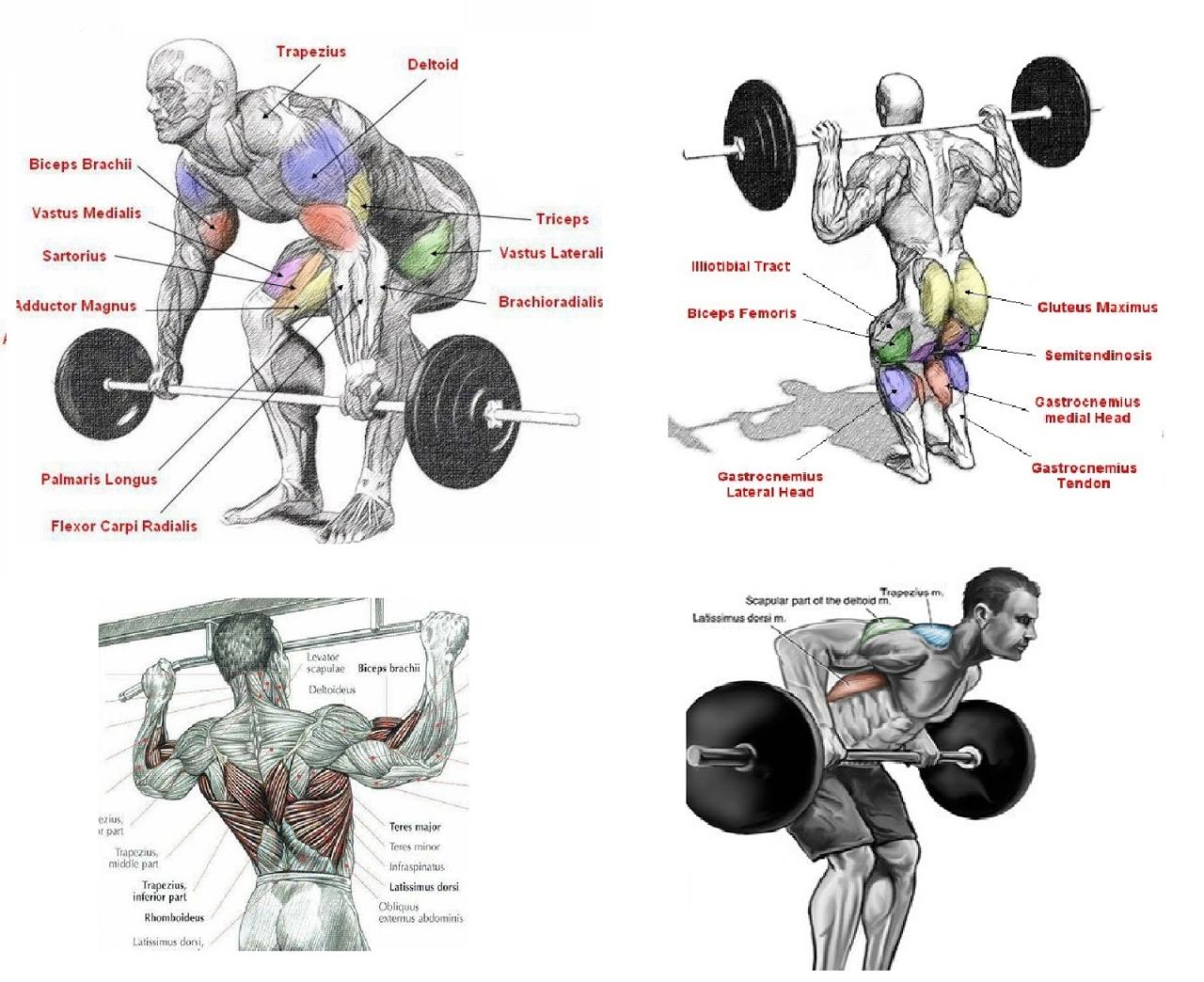
In the food industry, maintaining stringent pest control measures is paramount to ensure food safety, protect public health, and prevent substantial economic losses.
Historically, pest infestations have had devastating consequences for the food industry. The presence of pests in food production and storage facilities can contaminate food products with harmful bacteria, viruses, and parasites, leading to foodborne illnesses and outbreaks. These infestations can also cause significant damage to food supplies, resulting in substantial economic losses for food businesses.
To safeguard public health and minimize these risks, comprehensive pest control programs are essential. Let’s explore the critical reasons why pest control is of utmost importance in the food industry:
Why Pest Control is Important in the Food Industry
Pest control is of paramount importance in the food industry, ensuring food safety, protecting public health, and preventing significant economic losses. Here are five key aspects that highlight its significance:
- Food Safety: Pests can contaminate food with harmful bacteria, viruses, and parasites, leading to foodborne illnesses.
- Public Health: Foodborne illnesses can have severe health consequences for consumers, including hospitalization and even death.
- Economic Losses: Pest infestations can damage food supplies, resulting in substantial financial losses for food businesses.
- Legal Compliance: Food businesses are legally required to maintain sanitary conditions, which includes effective pest control measures.
- Brand Reputation: Pest infestations can damage a food business’s reputation and consumer trust.
In conclusion, these aspects underscore the critical role of pest control in the food industry. By implementing comprehensive pest control programs, food businesses can safeguard public health, protect their economic interests, and maintain consumer confidence in the safety of their products.
Food Safety
Maintaining food safety is crucial in the food industry to protect consumers from foodborne illnesses. Pests, such as rodents, insects, and birds, pose significant threats to food safety as they can contaminate food with harmful bacteria, viruses, and parasites.
- Transmission of Pathogens: Pests can carry and transmit a wide range of pathogens, including Salmonella, E. coli, and Listeria, which can cause severe foodborne illnesses in humans. These pathogens can contaminate food through direct contact, feces, or saliva, leading to outbreaks and widespread health concerns.
- Food Spoilage: Pests can also cause food spoilage by feeding on and damaging food products. This not only affects the quality and nutritional value of food but also increases the risk of microbial growth and contamination, posing further threats to food safety.
- Allergic Reactions: Some pests, such as cockroaches and rodents, can trigger allergic reactions in individuals, particularly those with asthma or other respiratory conditions. Their presence in food establishments can pose health risks to employees and customers.
- Damage to Food Packaging: Pests can damage food packaging, creating entry points for contaminants and increasing the risk of food spoilage and contamination. This can lead to product recalls and economic losses for food businesses.
In conclusion, the connection between food safety and pest control in the food industry is critical. Implementing effective pest control measures is essential to minimize the risk of food contamination, protect consumers from foodborne illnesses, and maintain the safety and integrity of the food supply chain.
Public Health
The connection between public health and pest control in the food industry is undeniable. Foodborne illnesses, often caused by pests, can pose significant health risks to consumers, ranging from mild discomfort to severe and life-threatening conditions. Understanding the relationship between pest control and public health is crucial to ensure the well-being of consumers and maintain the integrity of the food supply chain.
- Transmission of Pathogens: Pests, such as rodents and insects, can carry and transmit harmful pathogens, including bacteria, viruses, and parasites, which can cause foodborne illnesses. These pathogens can contaminate food during production, storage, or preparation, leading to outbreaks and widespread health concerns.
- Severity of Foodborne Illnesses: Foodborne illnesses can range in severity from mild symptoms, such as nausea and vomiting, to severe and life-threatening conditions, such as sepsis and organ failure. Some foodborne pathogens, such as Salmonella and E. coli, can cause long-term health complications or even death.
- Vulnerable Populations: Certain populations are more vulnerable to the effects of foodborne illnesses, including young children, the elderly, pregnant women, and individuals with weakened immune systems. For these individuals, even mild foodborne illnesses can have serious health consequences.
- Economic Burden: Foodborne illnesses also impose a significant economic burden on society. The costs associated with medical treatment, lost productivity, and product recalls can amount to billions of dollars annually.
In conclusion, the connection between pest control and public health in the food industry is crucial. Effective pest control measures are essential to minimize the risk of foodborne illnesses, protect consumers from potential health hazards, and safeguard the well-being of the population.
Economic Losses
The connection between economic losses and pest control in the food industry is undeniable. Pest infestations can cause significant financial losses for food businesses, impacting their profitability and sustainability. Understanding this relationship is crucial for business owners and managers to prioritize effective pest control measures.
Pest infestations can damage food supplies in several ways. Rodents and insects can contaminate food with their feces, urine, and saliva, making it unsafe for human consumption. They can also feed on food products, reducing their quantity and quality. In severe cases, pest infestations can lead to entire batches of food being discarded, resulting in substantial financial losses.
Beyond direct damage to food supplies, pest infestations can also disrupt food production and distribution processes. Rodents and insects can damage equipment, packaging, and storage facilities, leading to costly repairs and replacements. They can also create unsanitary conditions, which can result in production delays and product recalls. These disruptions can further contribute to financial losses for food businesses.
The economic impact of pest infestations is not limited to individual businesses. Widespread pest infestations can affect the food supply chain as a whole, leading to higher food prices and shortages for consumers. This can have a ripple effect on the economy, impacting other industries and businesses.
In conclusion, the connection between economic losses and pest control in the food industry is significant. Pest infestations can cause substantial financial losses for food businesses, disrupt food production and distribution processes, and impact the food supply chain. Effective pest control measures are essential to minimize these losses, protect profits, and ensure the sustainability of the food industry.
Legal Compliance
In the food industry, adhering to legal compliance is paramount to maintaining sanitary conditions, which encompasses effective pest control measures. This connection is deeply rooted in the importance of protecting public health and ensuring food safety.
Food safety regulations, enforced by government agencies, mandate that food businesses implement and maintain comprehensive pest control programs. These regulations aim to prevent the contamination of food products by pests, which can transmit harmful bacteria, viruses, and parasites. By complying with these regulations, food businesses fulfill their legal obligation to provide safe food to consumers.
Failure to comply with pest control regulations can result in severe consequences, including fines, license suspensions, or even criminal charges. This underscores the legal significance of pest control in the food industry and reinforces the need for businesses to prioritize effective pest management practices.
In conclusion, the connection between legal compliance and pest control in the food industry is crucial for safeguarding public health and ensuring food safety. Food businesses have a legal responsibility to implement and maintain effective pest control measures as part of their overall sanitary practices. Adhering to these regulations not only protects consumers from foodborne illnesses but also helps businesses avoid legal liabilities and maintain their reputation.
Brand Reputation
In the food industry, brand reputation is paramount to success. A positive reputation attracts customers, builds trust, and drives sales, while a damaged reputation can have devastating consequences, leading to lost revenue and a decline in consumer confidence. Pest infestations pose a significant threat to a food business’s reputation, making effective pest control a crucial aspect of maintaining a strong brand image.
When a pest infestation occurs in a food establishment, it can quickly become public knowledge through online reviews, social media, or news reports. Negative publicity can spread rapidly, damaging the business’s reputation and eroding consumer trust. Customers may perceive the presence of pests as a sign of unsanitary conditions and poor food handling practices, leading them to avoid the establishment and spread negative word-of-mouth.
Real-life examples abound of how pest infestations have damaged food businesses’ reputations. In 2023, a popular restaurant chain faced widespread backlash and lost significant revenue due to a cockroach infestation that was exposed on social media. Similarly, a bakery lost a large number of customers after a rodent infestation was discovered in its kitchen, leading to negative media coverage and a decline in sales.
Understanding the connection between pest control and brand reputation is essential for food businesses to prioritize effective pest management practices. By implementing comprehensive pest control programs, businesses can protect their reputation, maintain consumer trust, and safeguard their brand’s value.
FAQs on Pest Control in the Food Industry
Pest control is a critical aspect of the food industry, ensuring food safety, protecting public health, and preventing economic losses. Here are answers to some frequently asked questions about pest control in this sector:
Question 1: Why is pest control important in the food industry?
Answer: Pest control is crucial in preventing food contamination, protecting public health from foodborne illnesses, minimizing economic losses, ensuring legal compliance, and maintaining a positive brand reputation.
Question 2: What are the consequences of pest infestations in food businesses?
Answer: Pest infestations can lead to food contamination, spread of pathogens, damage to food supplies, disruption of food production and distribution, legal penalties, and damage to brand reputation.
Question 3: What are the common pests found in food establishments?
Answer: Common pests in food establishments include rodents (mice and rats), insects (flies, cockroaches, and beetles), and birds (pigeons and sparrows).
Question 4: What are the key elements of an effective pest control program in food businesses?
Answer: Effective pest control programs involve regular inspections, monitoring, exclusion techniques (sealing entry points), sanitation practices, and the use of appropriate pest control methods as needed.
Question 5: How can food businesses prevent pest infestations?
Answer: Prevention measures include maintaining a clean and organized establishment, proper waste management, sealing potential entry points for pests, and regular inspections by qualified pest control professionals.
Question 6: What are the benefits of investing in professional pest control services for food businesses?
Answer: Professional pest control services provide expertise, customized solutions, proactive monitoring, and timely interventions, helping food businesses prevent and manage pest infestations effectively, ensuring food safety, and protecting their reputation.
In conclusion, pest control is indispensable in the food industry. By understanding the importance of pest control and implementing effective measures, food businesses can safeguard public health, minimize risks, and maintain consumer trust.
Transition to the next article section:
Tips on Pest Control in the Food Industry
Implementing effective pest control measures is crucial for food businesses to ensure food safety, protect public health, and prevent economic losses. Here are some essential tips to enhance your pest control strategy:
Tip 1: Prioritize Regular Inspections and Monitoring
Regular inspections and monitoring are key to early detection and prevention of pest infestations. Establish a schedule for thorough inspections of your food establishment, including all areas where food is stored, prepared, and served. Look for signs of pest activity, such as droppings, gnaw marks, or unusual odors.
Tip 2: Implement Exclusion Techniques
Exclusion techniques aim to prevent pests from entering your food establishment in the first place. Seal any cracks or holes in walls, floors, and around pipes and utilities. Use weatherstripping around doors and windows, and install screens on all openings. Regularly inspect and maintain your building’s exterior to identify and address potential entry points.
Tip 3: Maintain Sanitary Conditions
A clean and organized establishment is less attractive to pests. Implement regular cleaning and sanitation practices, including proper waste disposal, cleaning of food preparation areas, and storage of food in sealed containers. Regularly clean and disinfect surfaces, equipment, and utensils to eliminate potential food sources and breeding grounds for pests.
Tip 4: Use Appropriate Pest Control Methods
When necessary, use appropriate pest control methods to eliminate existing infestations. Choose methods that are safe for use in food establishments and follow the instructions carefully. Consider using traps, baits, or chemical treatments as needed, but always prioritize non-chemical methods whenever possible.
Tip 5: Engage Professional Pest Control Services
Partnering with a qualified pest control company can provide expertise and customized solutions for your food establishment. They can conduct thorough inspections, identify potential risks, and develop a comprehensive pest management plan tailored to your specific needs. Regular visits from pest control professionals ensure proactive monitoring and timely interventions, preventing pest infestations and safeguarding your food safety standards.
Summary: By following these tips and implementing a robust pest control program, food businesses can effectively prevent and manage pest infestations, ensuring the safety of their products, protecting their reputation, and maintaining compliance with regulatory standards.
Conclusion on Pest Control in the Food Industry
In the food industry, effective pest control is paramount to ensure food safety, protect public health, and prevent economic losses. Pest infestations can lead to food contamination, spread of pathogens, damage to food supplies, disruption of food production and distribution, legal penalties, and damage to brand reputation. Food businesses must prioritize pest control as an integral part of their operations to mitigate these risks and maintain high standards of food safety and quality.
Implementing comprehensive pest control programs involves regular inspections and monitoring, exclusion techniques, sanitation practices, appropriate pest control methods, and collaboration with professional pest control services. Food businesses must remain vigilant in their efforts to prevent and manage pest infestations, ensuring the safety of their products and the well-being of their customers.
Youtube Video:



